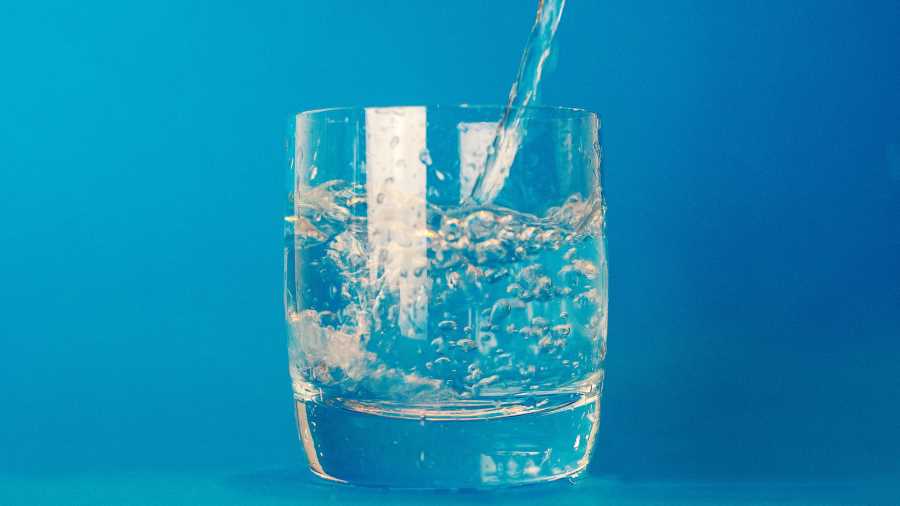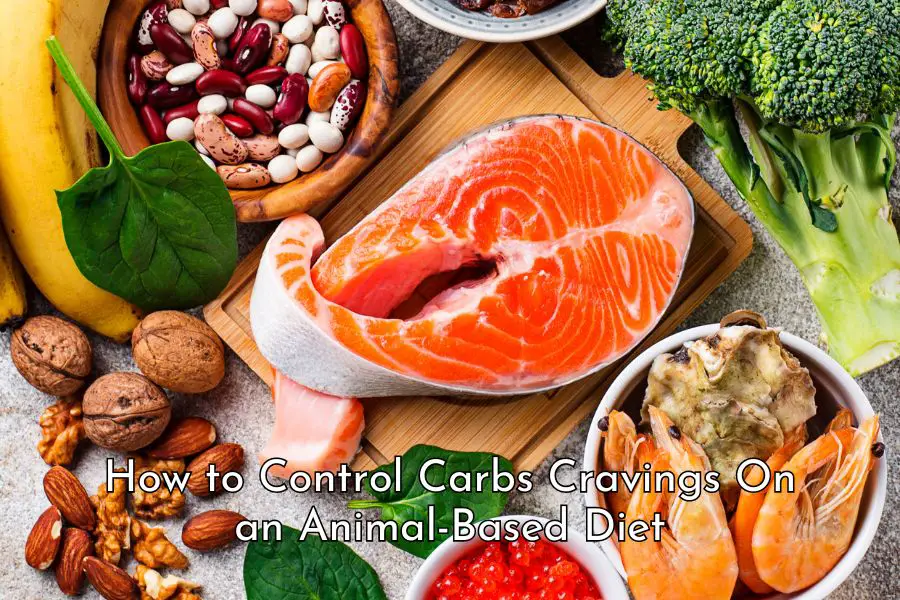Some people are of the view that you don’t really need to fast on the carnivore diet because the carnivore diet itself is already a fasting-mimicking diet.
I disagree with this view.
In my opinion, even if you follow a “clean” carnivore diet, an occasional fast is still beneficial.
If your carnivore diet is somewhat “average” where you still eat processed meat sometimes, use plenty of seasonings and condiments, drink coffee or tea daily, and drink alcoholic beverages occasionally or socially, regular fasts would definitely be beneficial.
Is the carnivore diet a fasting-mimicking diet?
First of all, the carnivore diet is not actually a fasting-mimicking diet unless you reduce your calorie intake drastically.
The fasting-mimicking diet was created by Dr. Valter Longo, an Italian-American biogerontologist and cell biologist, based on his research on fasting and its impact on cellular protection, aging, diseases, and longevity.
The basic idea of this diet is that you feed your body extremely low-caloric meals that contain essential nutrients for five days. [1]
On day one of the diet, you will consume about 1000 calories and, on days two to five, you will consume about 700 calories each day.
Because the calorie intake on this diet is so low, the body is tricked into thinking that it is not being fed and hence enters a fasting mode.
Accordingly, you will get some benefits of a prolonged water fast without completely abstaining from food which can be very hard for some people. [2]
On the carnivore diet, however, you are encouraged to eat when you are hungry and eat until you are full.
If you follow this general rule and your daily calorie intake is sufficient to meet your daily calorie expenditure, your body knows it is being fed and doesn’t switch to a genuine fasting mode.
Unless you eat extremely small meals and cut down your calorie intake by 50% to 70%, you won’t actually be on a fasting-mimicking diet.
If you follow a clean carnivore diet
If you follow a clean carnivore diet, for example, you only eat fresh meat and drink water, you have already eliminated all plant toxins from your diet. You are certainly doing very well and your body is thankful for it.
However, this does not mean that your body is not exposed to toxins from other sources, some of which are out of your control.
For example, animal-based foods may contain pesticides, herbicides, synthetic hormones, antimicrobial residues, and other chemical additives.
Other sources of environmental toxins may come from toothpaste, soap, shampoo, sunscreen, deodorant, drugs, plastics, paint, furniture, and air pollutants that you use or are exposed to on a daily basis.
It is true that on the carnivore diet you are unlikely to eat more than one to twice a day because animal-based food is nutrient-dense, calorie-dense, and highly satiating. [3]
As you don’t need to eat very often on this diet, your fasting time will increase.
Most people would be fasting for 16 to 20 hours a day already if they just eat two meals a day, for example, breakfast and lunch, or lunch and dinner.
This gives some valuable resting time for the digestive system and for the body in general.
However, only when food is absent for a long period of time, your body will begin to dig into the fat reserve, detox, and accelerate the autophagy process. [4, 5]
This is when most of the benefits of fasting happen.
Your body is completely free from the burden of digesting food and is forced to burn fat reserves and get rid of environmental toxins which are stored in the adipose tissues. [6]
It also begins a house-cleaning process where damaged organelles, misfolded proteins, and invading pathogens are eliminated.
Fasting will stress the body for sure, however, not all stress is bad. Exposing your body to occasional stress of various forms can help make us stronger and more resilient.
For example, exercises stress your body. Extreme heat and cold exposure stress your body as well. But if you don’t do exercises and sit in an air-conditioned room all day all the time, you know what sort of unhealthy body you will have.
Our ancestors didn’t have access to an abundance of food like most of us these days and they certainly didn’t eat till they are full every single day of their lives.
They would have frequently gone through periods of feasting when food was readily available and fasting when food was hard to come by.
We don’t need to follow exactly the way our ancestors used to live in minuscule details for optimal health, but the health benefits of fasting have been extensively researched and backed up by evidence.
Having said that, if you eat very clean on the carnivore diet, perhaps you don’t need to fast that often.
While nobody can tell you the exact ideal fasting length and frequency, perhaps one extended fast a year to mimic the lean wintertime that our ancestors had to endure every year may be what you can aim for.
If you follow a not-so-clean carnivore diet
Some people may follow a somewhat “dirty” version of the carnivore diet.
Sausage, bacon, and deep-fried chickens are a regular feature of their diet. Seasonings and condiments are used liberally. They still keep their caffeine and alcohol habits and they have occasional cheat days when they’ll indulge and eat whatever they want.
If this is you, regular fasts would definitely be beneficial.
As mentioned above, an extended fast where you go for a long period without food and drink only water will give your digestive system a complete break and let it clean from inside out.
The more unhealthy your diet is, the more beneficial a fast can be.
How often and how long you should fast depend upon how much fat reserves you have and how good your nutritional status is.
If you like to try it out, please check out this in-depth guide to fasting on the carnivore diet which covers the following:
- What happens in your body during a long fast?
- What are the health benefits of fasting?
- How long should you fast for?
- When should you start the fast?
- What should you eat before the fast?
- What to drink during the fast?
- How much fluid do you need a day?
- Should you supplement during the fast?
- What do you expect to feel during the fast?
- How to deal with the first few difficult days of a long fast?
- Should you exercise during the fast?
- What records should you keep during the fast?
- When should you break the fast?
- How to break your fast safely?
- How often should you fast?
- Who should not fast?
Other posts you might be interested in:
Disclaimer: The information in this post is for reference purposes only and not intended to constitute or replace professional medical advice. Please consult a qualified medical professional before making any changes to your diet or lifestyle.





